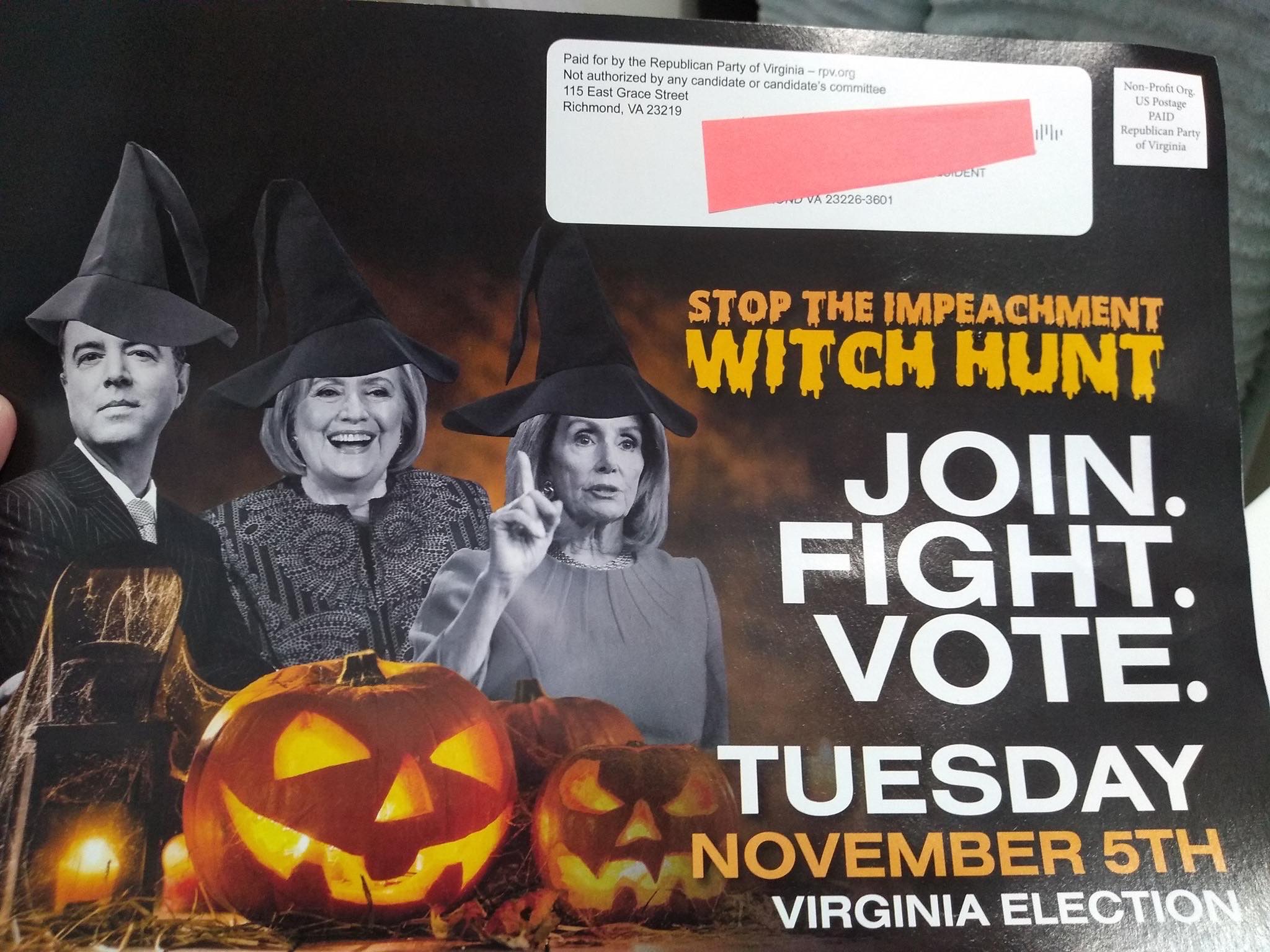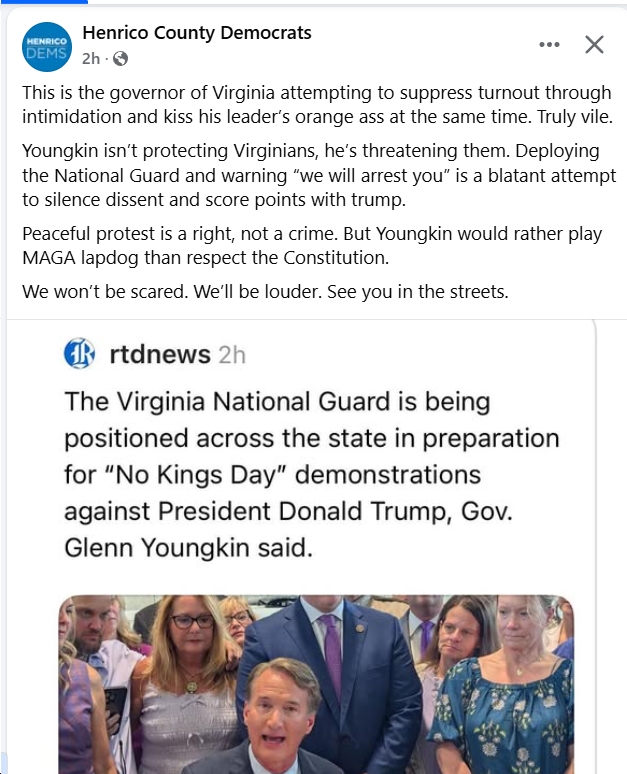From AG Mark Herring's office:
~ Herring is nation's first attorney general supporting marriage equality to prevail in federal district and appeals court and to petition the Supreme Court to quickly and finally answer these constitutional questions ~
RICHMOND(August 8, 2014) — As announced earlier this week, Attorney General Mark Herring has filed a petition for a writ of certiorari in the Supreme Court of the United States asking the Court to review the district and appeals court's decisions striking down Virginia's same-sex marriage ban as unconstitutional. While Attorney General Herring and the Commonwealth have argued successfully for marriage equality in the lower federal courts, they are still able to request that the high court hear the case. Prince William County Clerk of Court Michèle McQuigg, who opposes marriage equality, has already said she intends to petition for certiorari, but by filing now, the Attorney General may enable the Court to consider the case more quickly.
“Many brave men and women have fought for years for the constitutional guarantee of marriage equality, and now, we are almost there,” said Attorney General Herring. “It is time to discard these discriminatory bans and to recognize the humanity, dignity, and rights of gay and lesbian Americans seeking to forge life-long bonds. I believe this case will prove compelling for the Court because of the stringent, discriminatory nature of Virginia's marriage ban, the range of critical questions presented, the clear legal standing of the parties, and Virginia's historic role in 1967's Loving case ending bans on interracial marriage. Virginia got that case wrong. Now, we have a chance to get it right, and to help extend to all Americans the right to marry the person they love.”
Attorney General Herring is the first state attorney general to successfully argue in court at the district and appellate levels that a state marriage ban is unconstitutional, and the first who supports marriage equality to petition the Supreme Court for review.
In arguing that the Court should review Virginia's case, the Attorney General's brief explains that:
- The issue presented is exceptionally important, involving questions about fundamental rights that have not yet been resolved. This case is an opportunity to answer questions left unanswered by last year's cases involving Proposition 8 and the Windsor case involving the federal Defense of Marriage Act (DOMA.) The Windsor case struck down the federal marriage ban, but the Supreme Court left the question of state marriage bans unanswered in the Proposition 8 decision.
- The case presents important federal questions on which federal and state courts are divided, including whether heightened scrutiny applies to laws that discriminate on the basis on sexual orientation. Virginia argues that heightened scrutiny should apply because courts should be suspicious of laws that discriminate against gay people.
- Virginia's same-sex-marriage ban is a particularly good candidate for review. It is one of the most stringent in the country. For example, only married couples may adopt children together, thus preventing same-sex couples who wish to marry from legally becoming parents to the children they are raising. The plaintiffs' relationships also present a number of constitutional questions the court can consider, like whether a state can prevent marriage between same-sex partners, how a marriage between same-sex partners impacts children they are raising, or whether the Commonwealth can refuse to recognize a marriage performed legally in another state. Virginia's case is procedurally sound and does not suffer from defects–like lack of standing–that prevented the Court from reaching the merits last year in the Proposition 8 case.
The petition concludes by rejecting any calls for judicial inaction that mirror those made in 1967's Loving case. It closes with this:
It may seem that this issue has moved rapidly since Lawrence held that our Constitution prevents States from criminalizing the intimate relations of gay Americans. But how much longer must these citizens and their children wait to realize the promise of equal justice under law?















